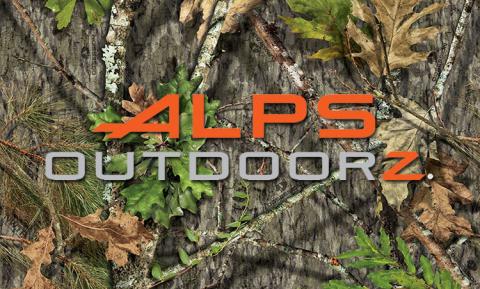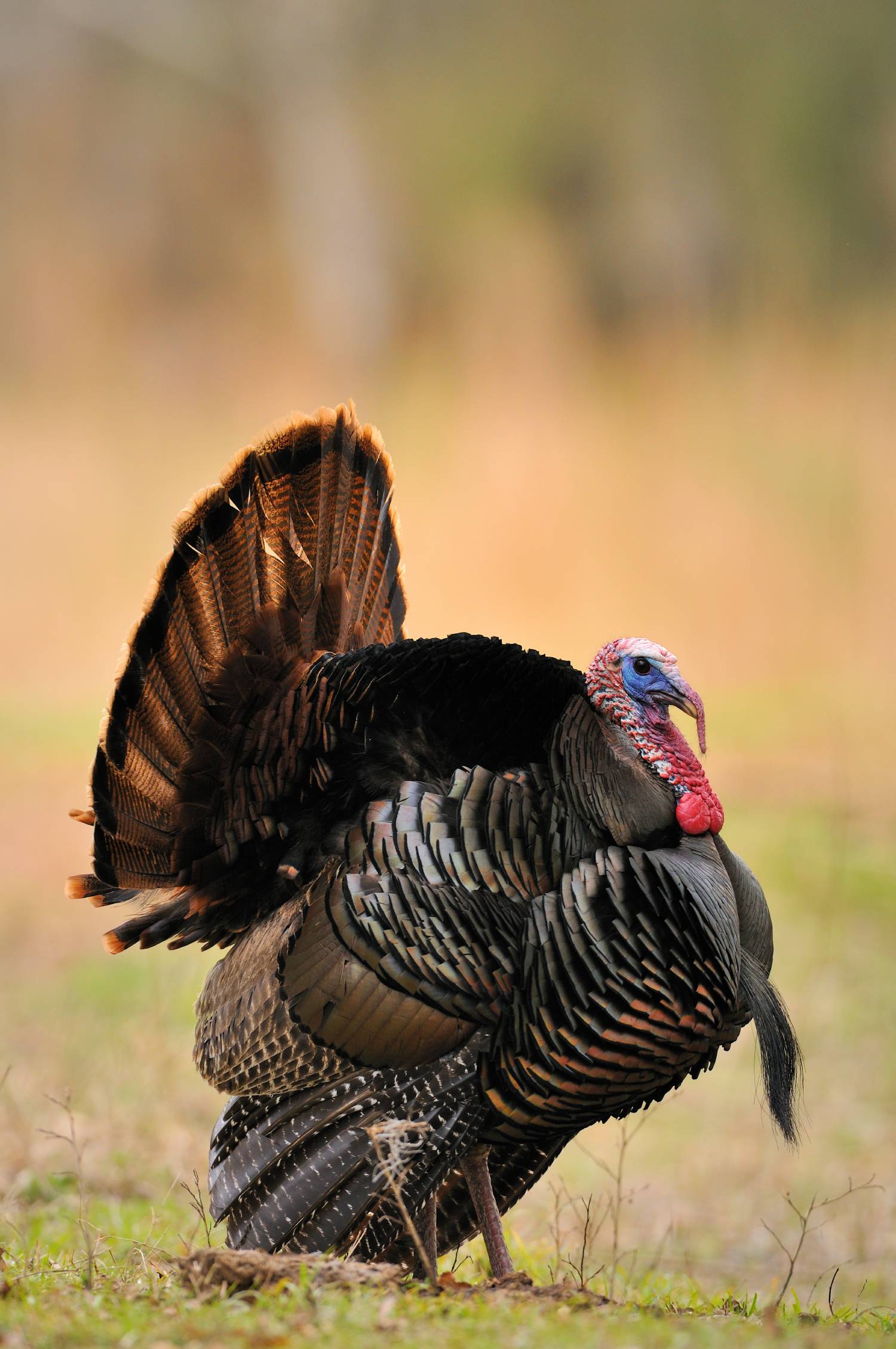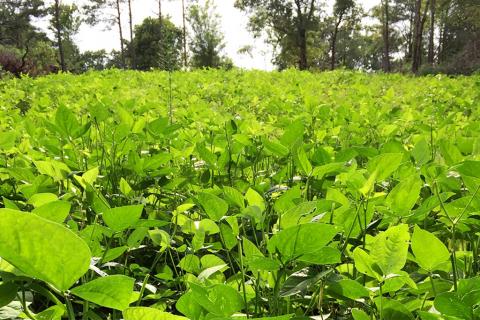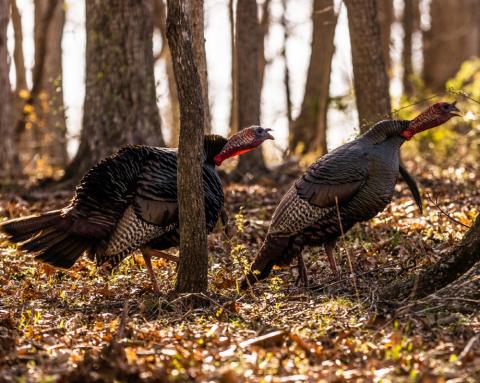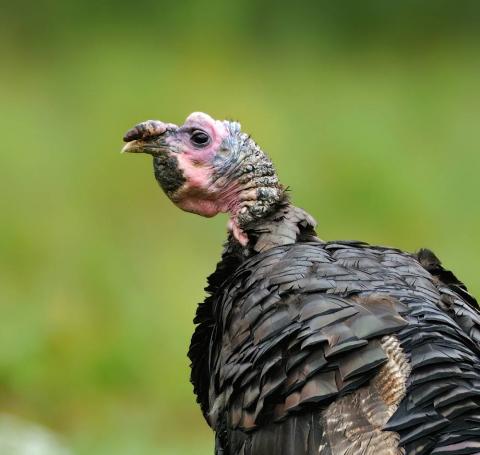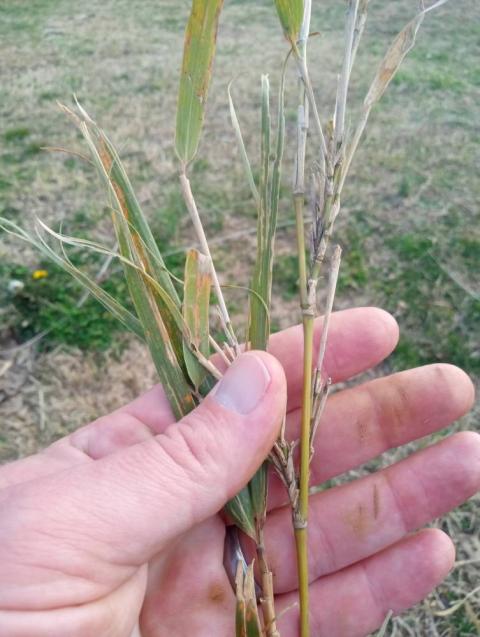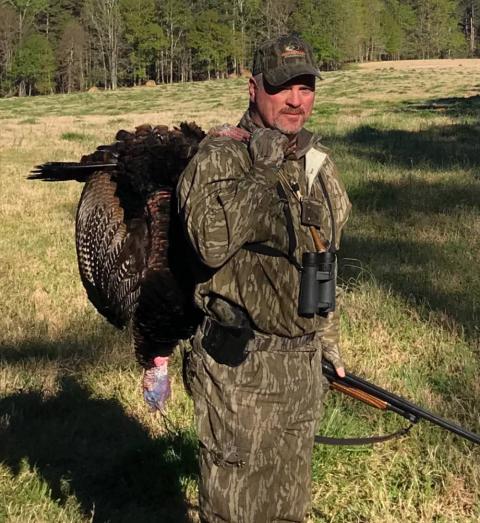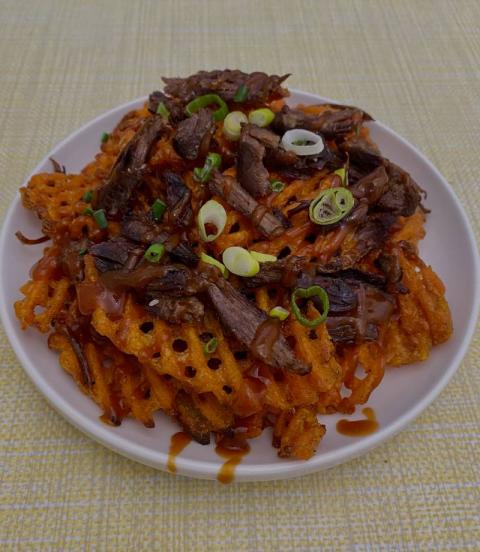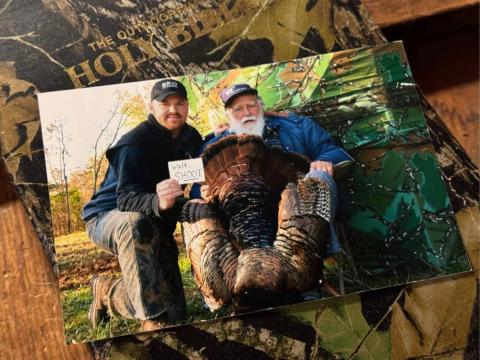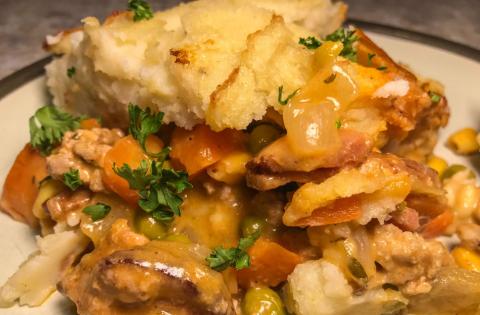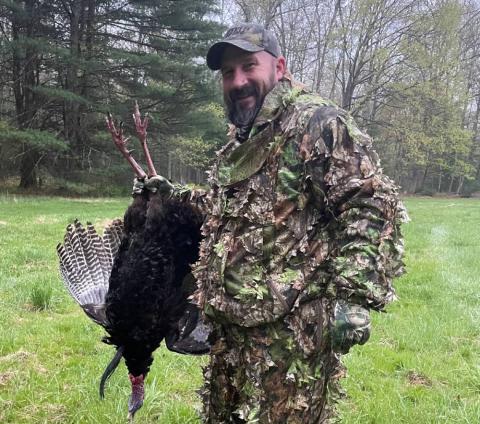Matt Van Cise from Brookville, Pennsylvania, is known as one of the nation’s leading turkey callers, and his resume proves it. He's been hunting turkeys for 27 years, and he's been competing in turkey calling contests for 23 years. He's won seven World Open Championships, five Senior Grand Nationals, two Grand National Friction Calling Championships, a World Friction Championship, three U.S. Opens, the Mid-American Open and the North American Open. If you include all the smaller calling contests, he's probably won over 100. A Mossy Oak ProStaffer since 2011, Van Cise’s two favorite Mossy Oak patterns for turkey hunting are Mossy Oak Obsession and Bottomland. He recently won the 2018 National Wild Turkey Federation (NWTF) Grand National Friction Calling Contest.
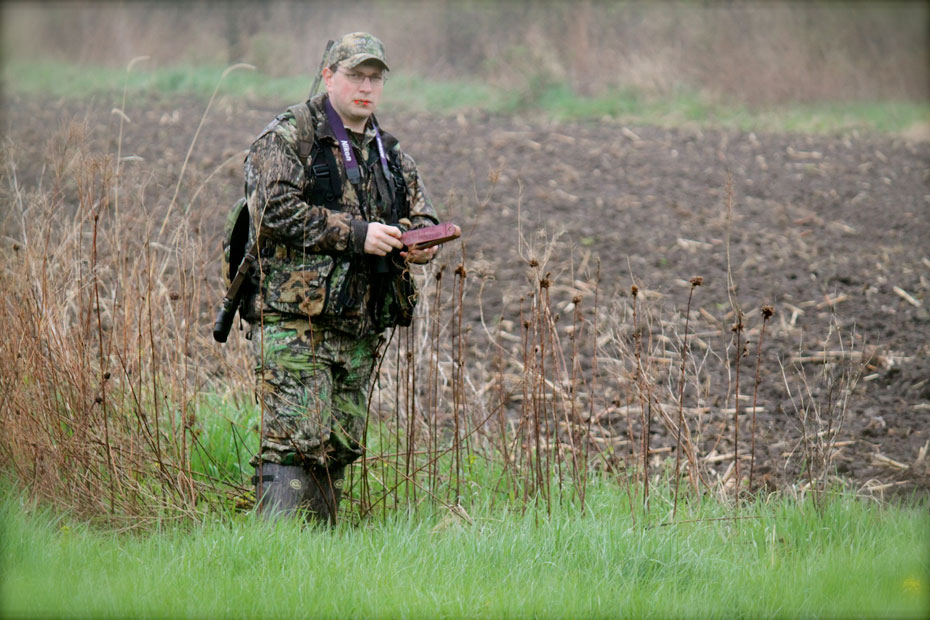
Matt Van Cise | Mossy Oak ProStaff
Many people ask which friction calls I used to win the National Wild Turkey Federation (NWTF) Grand National Friction Calling Contest this year and why I chose them. For my yelping, I used a snakewood paddle over an American beech box call that I build. To make the kee kee run, I used a long box call with an Ipe wood lid (wood known in the U.S. as Ironwood or Brazilian Walnut) over a black limba box. On my pot call, I used a white oak slate that I make.
I use exotic woods because of the density of those different kinds of wood. Many people are looking for a pretty custom call; however, I've learned that the density of the wood I use in my box calls gives my box calls a different sound from other types of box calls. Many times a very-dense wood will produce a higher-pitched tone on the front end of the call and a deeper tone on the back end of the call. It fills in the center part of a yelp too with a more natural turkey sound than other types of wood may produce.
No longer is a box call a box call. Many of the custom turkey call makers are really concentrating not only on the beauty of their box calls, but also on the purity of the sound to produce the most realistic hen sound that they can develop. Many custom call makers are producing what’s commonly called the Neil Cost (a very famous custom call maker) type box call, but that’s not the kind of box call I make. I prefer a shorter box with a shorter handle, and the dimensions inside my box calls are different from the dimensions inside other box calls. These two factors give my calls a different tone than most of the other box calls on the market today.
One of the advantages of different styles of box calls is that various box calls can produce different hen sounds. One box call may sound like a different hen than the hens that the gobblers in that area ever have heard before. Or, a box call may sound almost exactly like the hens yelping in the areas where that particular gobbler lives. I believe that turkeys in specific regions know the sounds that other turkeys make that live in that region. When you have a call that resonates at long ranges, I think that call may sound closer to the hen sounds that the gobbler is accustomed to hearing.
I just started my own turkey call company, High Class Calls, 18 months ago. Most of my calls are high-end box calls that I build from start to finish. Before that, I tuned a lot of box calls for other manufacturers. I helped design some box calls when I worked for M.A.D. Calls and for Flambeau Outdoors, and I tuned box calls for other companies for about 15 years.
In recent years, we've seen a revival in turkey hunters wanting box calls, especially custom-made box calls. Every year the demand for custom-made box calls seems to grow. I think today’s turkey hunter is starting to require a better box call than what’s being offered in the general marketplace, and I know he's requiring a better box call than what he could purchase 20 years ago. The price of a custom call varies, depending on the builder of that call, and the reputation that builder has built for himself in the hunting and turkey calling industry. I have built my name and reputation for making custom calls by competing in turkey calling contests with the calls I make myself.
The price of custom calls can vary from $75 to $500 each, because you're not only getting a different type of call, you're buying the expertise and the call-building reputation of a master call builder. Over years, the value of the call may increase. However currently, the custom-made calls retain the value that the turkey hunter has paid initially for the call. My most expensive calls that I've built from beginning to end are made of snakewood, and we get $200 each for those calls. For me, those are high-end calls.
An effective and not as pricey call options is a push-button call. A push-button call will call in turkeys, especially in an area of high hunting pressure; mainly because, that little push-button call produces a sound that the gobblers haven’t heard almost every day of turkey season. It’s so easy to use that most turkey hunters don’t even carry one with them, but I've heard some beautiful-sounding push-button calls. I can tell you for certain the sound that this little call makes is definitely different from the sound that most friction calls make.
There are a variety of turkey calls that you should have in your vest, and there are a few new calls for 2018 that you may want to try out.
To see and learn more about the custom calls that Van Cise is making, go to his Facebook page at High Class Calls by Matt Van Cise, or you can go to his personal Facebook page Matt Van Cise.














